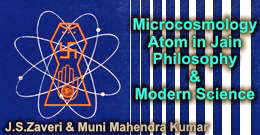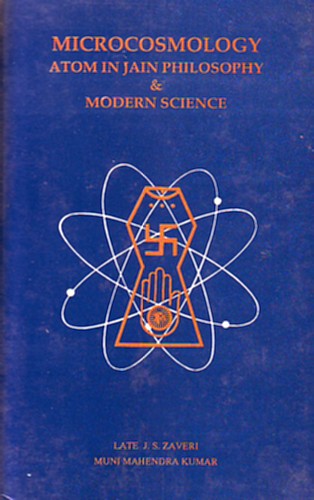
Time is not included in the list of astikayas but is included in the list of six dravyas.
Time possesses the characteristic of ‘persistence-through-change’ and is, therefore, a dravya. It is the necessary condition of duration (continuity), change (modification), motion, newness and oldness of substances. Time by itself cannot cause a substance to exist, but continuity of existence implies duration in terms of time.
Mutation or change or modes also cannot be conceived without time, because change implies temporal succession in which modification takes place.
Similarly, motion implies different positions of an object in space in temporal succession.
Lastly, time causes the distinction between the old and the new, the 'before' and the 'after'. Ultimate indivisible unit of time i.e. time-point is called samaya.
Notions of space and time figure prominently on the map of Reality, and are, therefore, of paramount importance in our efforts to understand it (Reality) through philosophy as well as science. It would, therefore, be more appropriate to discuss this elaborately in the next chapter.
 Jethalal S. Zaveri
Jethalal S. Zaveri
 Prof. Muni Mahendra Kumar
Prof. Muni Mahendra Kumar

